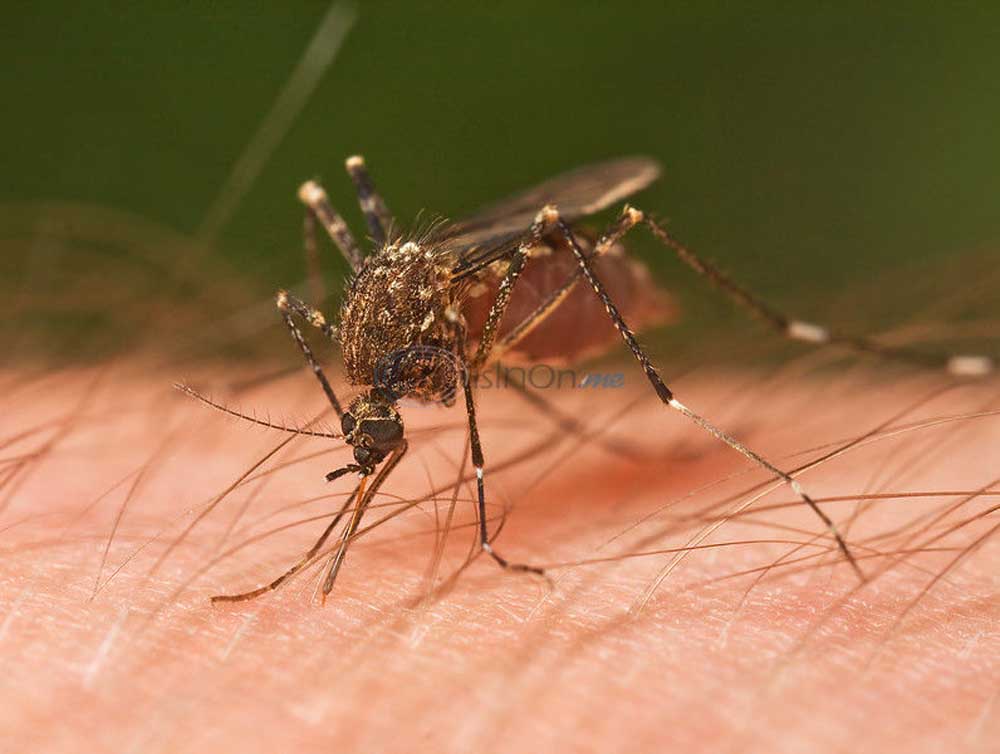Mosquito bite prevention key to avoiding Zika
Published 7:50 pm Saturday, February 6, 2016
Local public health officials are emphasizing mosquito bite prevention, as 10 Zika cases have been reported in Texas. Nine cases were from returning travelers who had been to high-risk areas, and one patient reportedly contracted the virus sexually from a partner who had returned from Venezuela.
Seven cases have been reported in Harris County, two in Dallas County and one in Bexar County.
Trending
Medical providers and local officials met Thursday at UT Health Northeast, where public health experts addressed the issue.
“We’re not even in the mosquito season yet, so it’s kind of a warning to us to prepare, and we’ve been very vigilant about mosquito control in communities around East Texas,” said Dr. Paul McGaha, deputy director at Northeast Texas Center for Rural Community Health and associate professor for Community Health and Preventive Medicine at UT Health Northeast.
Not a lot is known about the virus, which was first discovered in Uganda’s Zika forest in 1947. Last week, President Barack Obama called for the United States to develop a vaccine and new testing.
The virus – transmitted by an infected Aedes species mosquito – circulates in the blood for up to seven days after symptoms appear. Symptoms include fever, rash, joint pain, conjunctivitis or redness of the eyes.
Health officials said the virus appears to cause a mild illness.
“The presumption is once you get infected, the body deals with the virus,” said Dr. Jeffrey Levin of the Smith County Health Authority. “About 80 percent of people who are actually infected with the virus do not become ill or symptomatic at all. It’s possible to be bitten by a mosquito carrying the virus, become infected with the virus and never know that this actually happened.”
Trending
There are no vaccines for Zika and little treatment if offered.
“There really is not a drug or medical treatment as it stands today,” Levin said. “What that means is we treat these cases with mild symptoms very supportively, with rest, fluids and over-the-counter pain medications for joint pain.”
Levin noted that health officials have mulled whether patients with the virus should use aspirin or non-steroidal drugs such as ibuprofen.
With new cases in Texas and alerts from world health organizations, the concerns stem from a possible link to a birth defect in babies.
In Brazil, health officials are linking the Zika virus to thousands of babies born with the rare birth defect, microcephaly, which causes the brain to not develop properly.
The CDC said it would conduct a study in Brazil to determine if any relationship exists between Zika virus infection and microcephaly. The CDC also will investigate the virus’ link to Guillain-Barre Syndrome, a rare disorder that causes a person’s immune system to damage nerve cells, which leads to muscle weakness and, sometimes, paralysis.
“Until more is known, everyone is acting very cautiously here, suggesting pregnant women should consider postponing traveling to the area that is recognized as an area for high risk of the virus,” Levin said. “If pregnant women do have to travel, they should consult their medical provider in terms of steps to take to prevent mosquito bites.”
Levin said, at this point, there is no need to be overly anxious.
“It’s not the only virus out there,” Levin said. “So when people do get a little fever or rash, it could be any number of things, so one should not automatically conclude they have the Zika virus.”
Suspected cases are reported to state health departments and then to the Centers for Disease Control and Prevention.
AVOIDING THE SPREAD
There currently are travel notices for Cape Verde, a nation off the northwest coast of Africa; the Caribbean, Central America, Mexico, Samoa and South America. Local health officials Thursday warned travelers returning to the states to avoid getting mosquito bites at home.
“When you’re coming back from where you may have sustained a mosquito bite – and it may sound strange – but you have the risk of infecting the mosquito population,” Levin said.
The mosquitoes here could then infect others, which would spread the disease.
Prevention steps include what health departments have implemented already: Clear gutters, flowerpots, tires and wheelbarrows of standing water. They also recommend using a repellent with DEET during “mosquito season,” or when the temperature is higher than 60 degrees at night.
“You don’t want to grow your own mosquitos,” George Roberts, chief executive officer at NET Health, said.
Chris Taylor, executive director at the Cherokee County Health Department, said it’s especially important to remind rural residents, who live where there are no regular mosquito sprayings and plenty of opportunities for mosquito breeding.
“It’s very important to relay the message of being your own public health agent at home and following the steps in those areas,” he said.
The American Red Cross also is looking to stem the spread of the Zika virus. They are asking people to avoid donating blood for at least 21 days if they’ve been to areas affected by the Zika virus.
“We’re going to be watching this for a while,” Roberts said. “We’re very early in this now.”







